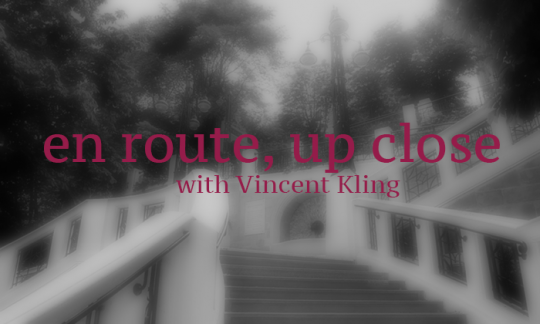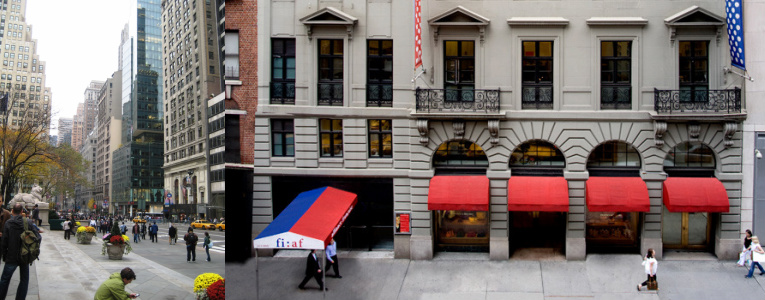We return with another installment of Translator’s Diary where Vincent Kling, winner of the 2013 Schlegel-Tieck Prize, takes us through the nuances of translation. Today he discusses the intricacies of vocabulary and pronunciation and how history and geography combine to fashion complex, unique identities.
Hoagie? Hero? Sub? Some weeks ago I was staying in the Rhineland, near the Dutch border, where I developed a pesky summer cold. When I told a close friend who lives in the area that I was “verkühlt,” he grinned and said my Austrian side was showing, since a German would say “erkältet.” This reply reminded me of those popular posts on social media that ask if you drink “soda” or “pop,” if your sandwich is a “hoagie” or a “sub” or a “hero,” if you call those luminous insects “lightning bugs” or “fireflies,” if you drive around a “rotary,” a “roundabout,” or a “traffic circle.” Then there are the arguments about pronunciation; do you wade in the “crick” (like brick) or the “creek” (like meek)? Vocabulary and pronunciation, and even spelling, mark larger histories of settlement and local adjustment, which might explain why amature language lovers also enjoy reading about Samuel Johnson’s vs. Noah Webster’s lexicography, or about the perceived level of crudity or finesse in this or that regional expression (quick disdain for Southern “y’all” or “might could”).
Translators from German likewise need to be aware of geographical and cultural forces; I confine myself here to differences between standard German in Germany (Bundesdeutsch) and Austrian German. (Swiss German is fascinating but outside our framework.) I know from experience through making my own mistakes (some of them in print!) what bloopers can arise from ignorance or inattentiveness. Of course, one approach to this topic would be to list variances in grammar and syntax, vocabulary (especially food), idioms, and the like; I’d rather recommend Robert Sedlaczek’s fine book Das österreichische Deutsch to readers of German and move on to a more comprehensive insight, one that traces a truly characterizing difference.
L’Académie allemande. German novelist Martin Mosebach reviews pertinent history about the German language in an essay about Doderer warning readers not to overlook vital cultural differences. Regrets are occasionally expressed, he remarks, that there was never an institution in the German-speaking world comparable to the norm-setting, regulating Académie française. But in fact there was, he claims: Martin Luther’s translation of the Bible regularized and unified German. Aside from its religious import, the Luther Bible is one of the essential documents in the history of the language, reconciling divergent regional usages, harmonizing dialects, fixing idioms, introducing needed abstract neologisms, and creating a normative language balanced between literary derivation and colloquialism and accessible to all German speakers. What we know as modern “High German” derives very largely from this one book; as Mosebach says, “German [meaning “High German”] is a Protestant dialect,” and “The Reformation was the German Academy.”
READ MORE…




